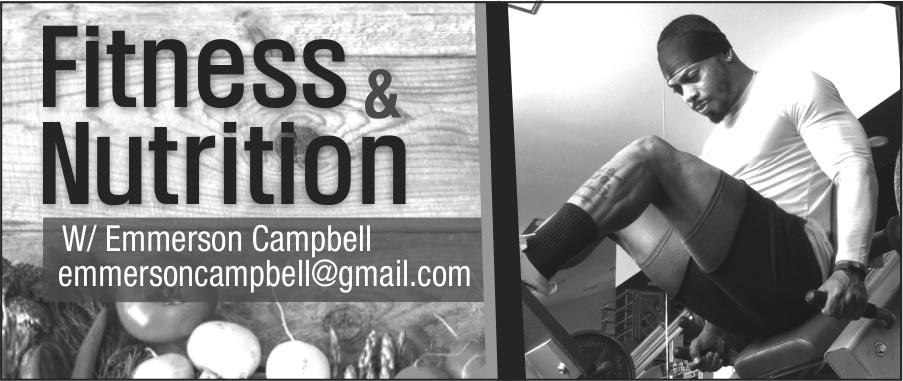Training and nutrition should go hand in hand. If you want to get the most from your workouts, your diet should support your efforts in the gym and mirror your goals. After all, what training takes out of your body, the food you eat puts back in. Training without considering nutrition could severely undermine your progress and can even negatively impact your health. But how should you adapt your diet according to your goal?
Eating for health
Whatever your training goal is, your diet should be balanced and healthy. Not only is food fuel, eating the right food will have a huge impact on your training, recovery, and progress. Calories and protein intake are undeniably important, but your general health is the foundation on which muscle and fitness are built.
If you have been skipping workouts because you are feeling unwell and exhausted, then it might be time to start considering what nutrients you are filling your body with. Not only will a healthy diet encourage consistency in training, but it will also assist to provide more energy during sessions and optimise recovery time between workouts.
So, what constitutes a healthy diet?
As a rule, the majority of your food should come from natural, whole food sources. That means vegetables, whole grains, legumes, lean protein, dairy, healthy fats, generally foods that can easily be traced back to their natural form or source. A good place to start is when hitting the supermarket. Start working your way around the exterior edges, where all the fresh food and perishables are located. All of your powerful, nutrient-packed items will be found there.
The majority of processed food tends to be calorie dense, but not nutrient dense. This means they are often lacking vitamins and minerals and may provide you with nothing but empty calories. Your body needs more than calories to function properly, and it won’t get the nutrients it needs from junk food.
That doesn’t mean you can’t eat junk food from time to time; as a guide, it is wise to limit it, so it only makes up a small percentage of your food intake. When it comes to ‘healthy’ processed snacks, simply being more aware of the ingredients that are in the product is a good starting point. Check the labels; can you recognise the names of the foods on the ingredients list, or do you need to have a chemistry degree to understand what they are? Aim to get the bulk of your diet from foods that are recognisable and as close to their original form as possible. Learning to understand food labels can take a little time, but it is a liberating and highly valuable skill, and the best way to learn is to just start. Look at the macro breakdown and the food’s main ingredients. The first ingredient on the label will be the main ingredient of the product, and it gradually decreases down the list.
Key tips to maximising nutrient density of your diet:
● Stick to the exterior aisles of the supermarket
● Read food labels – pay attention to the order of foods in the ingredient list
(key point – foods that have refined sugar in the top 3 ingredients should be
limited to being consumed every now and then).
● Aim to mostly consume foods that you recognise the name of.
Calories
In relation to your goals, the most important nutritional variable you need to consider is the number of calories you consume per day. Realistically, if you aren’t eating enough or are eating too much, you could undermine your progress.
If you are killing yourself in the gym and not seeing the results you want, make sure your calorie intake reflects your training goal:
● Not gaining muscle? Increase your calorie intake
● Not losing fat? Decrease your calorie intake
● Weight fluctuating constantly? Stabilise your calorie intake
There are countless amounts of variables that will impact your progress, but calorie intake will be your starting point.
Dietitians and nutritionists can help determine your energy, macronutrient and micronutrient needs, prescribe a healthy, balanced diet that meets your needs and goals and are a great source of information and education. As a general guide, it is safer to opt for a qualified professional, as they are able to take your whole health and wellness picture into account and are trained to give more specified advice.






